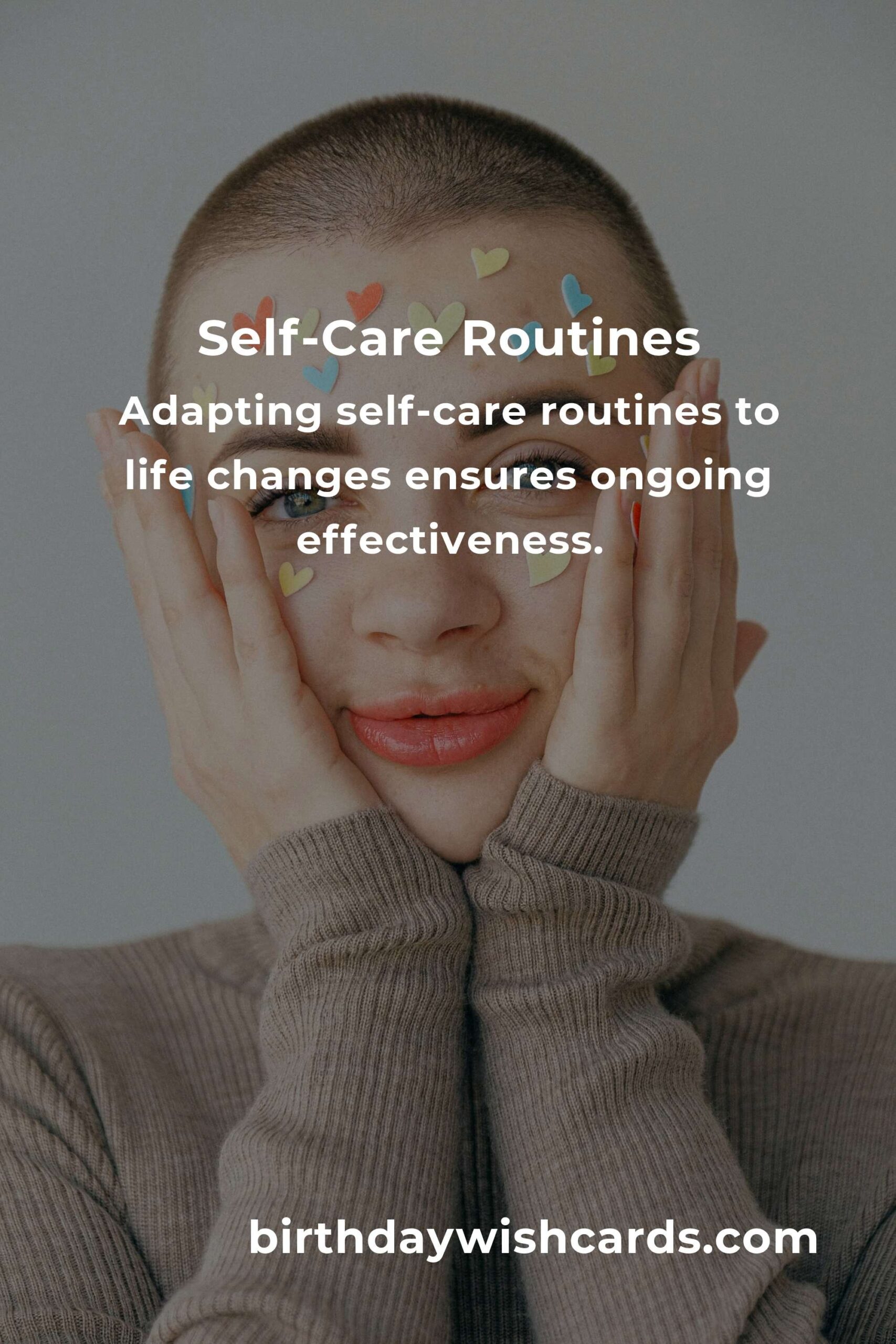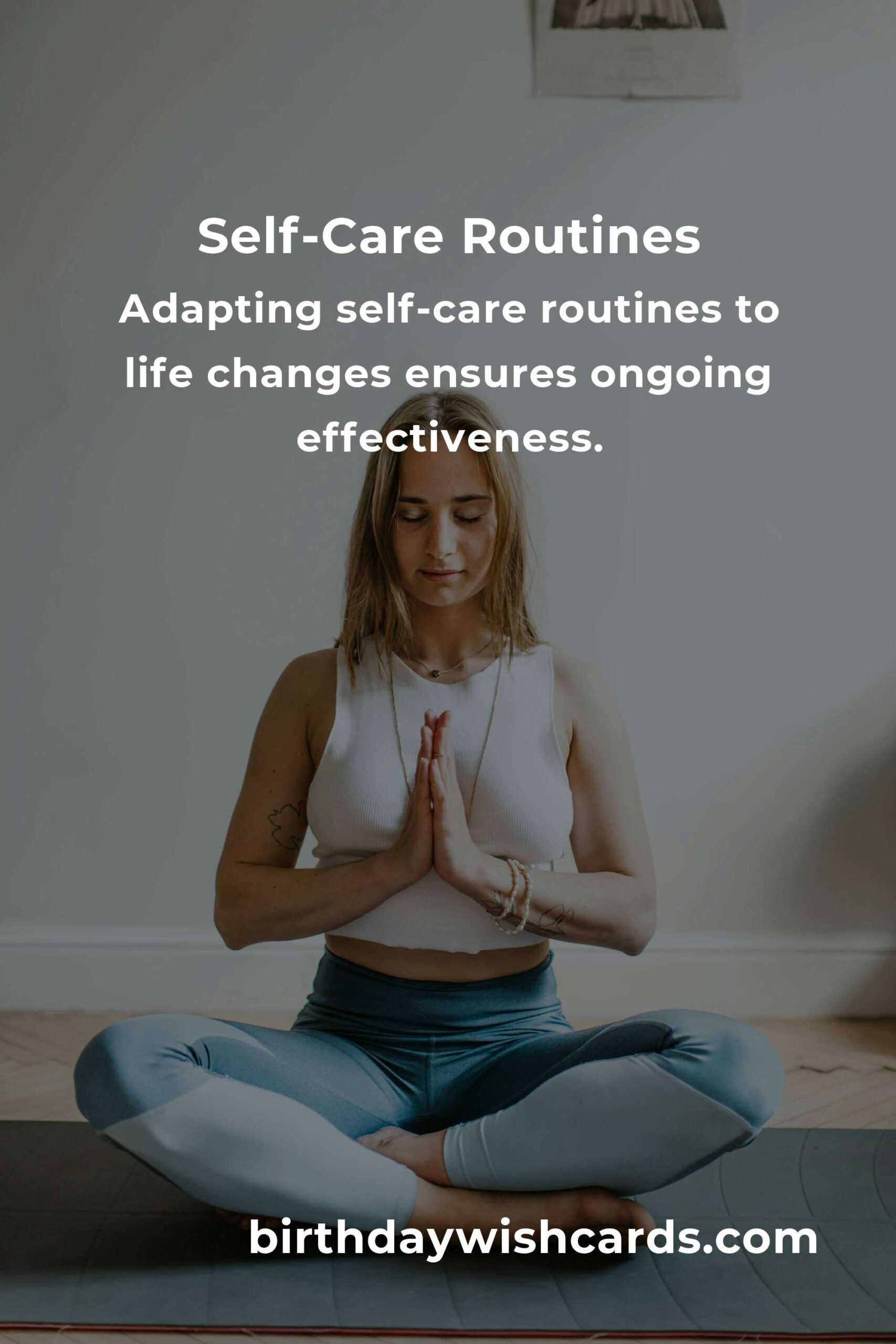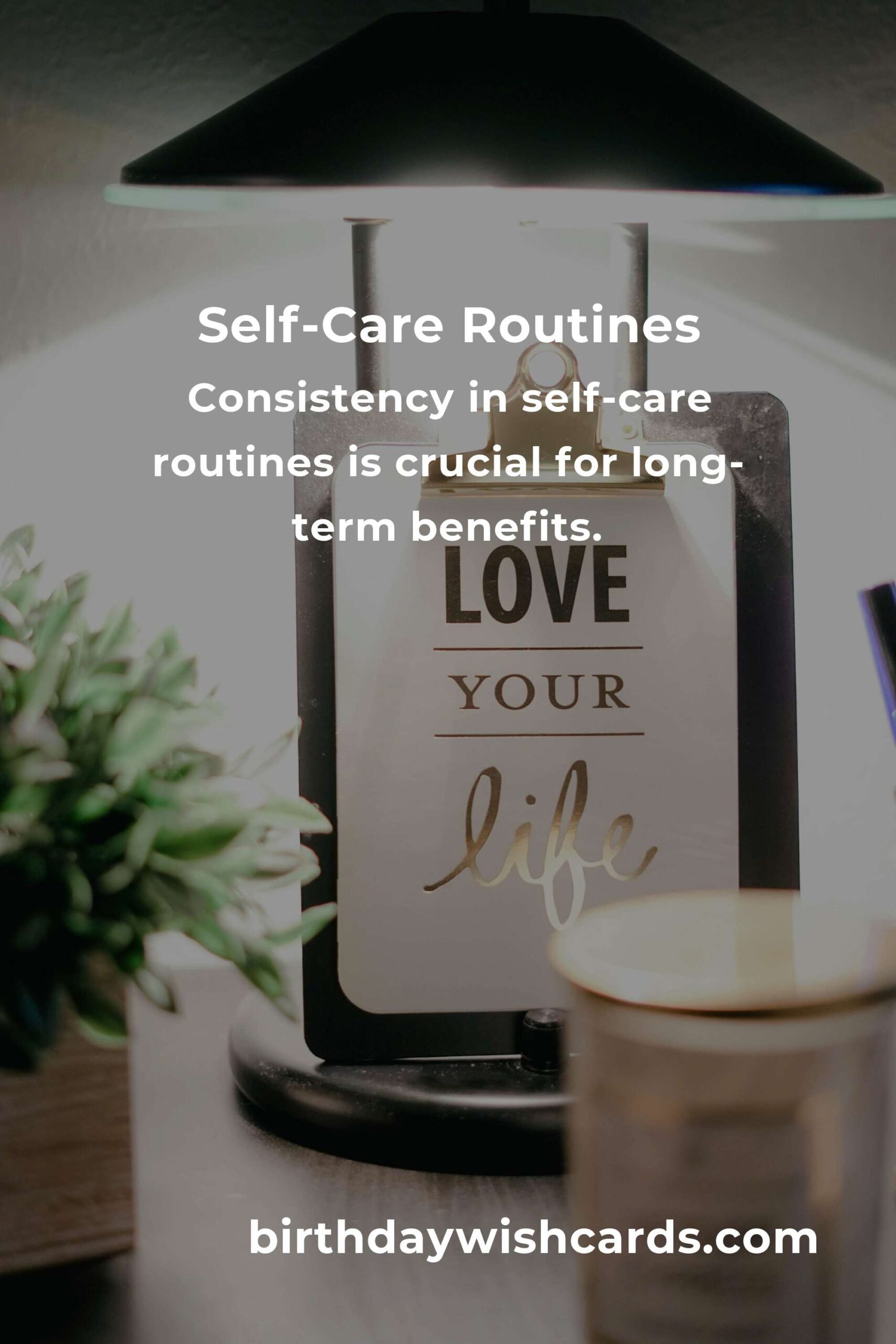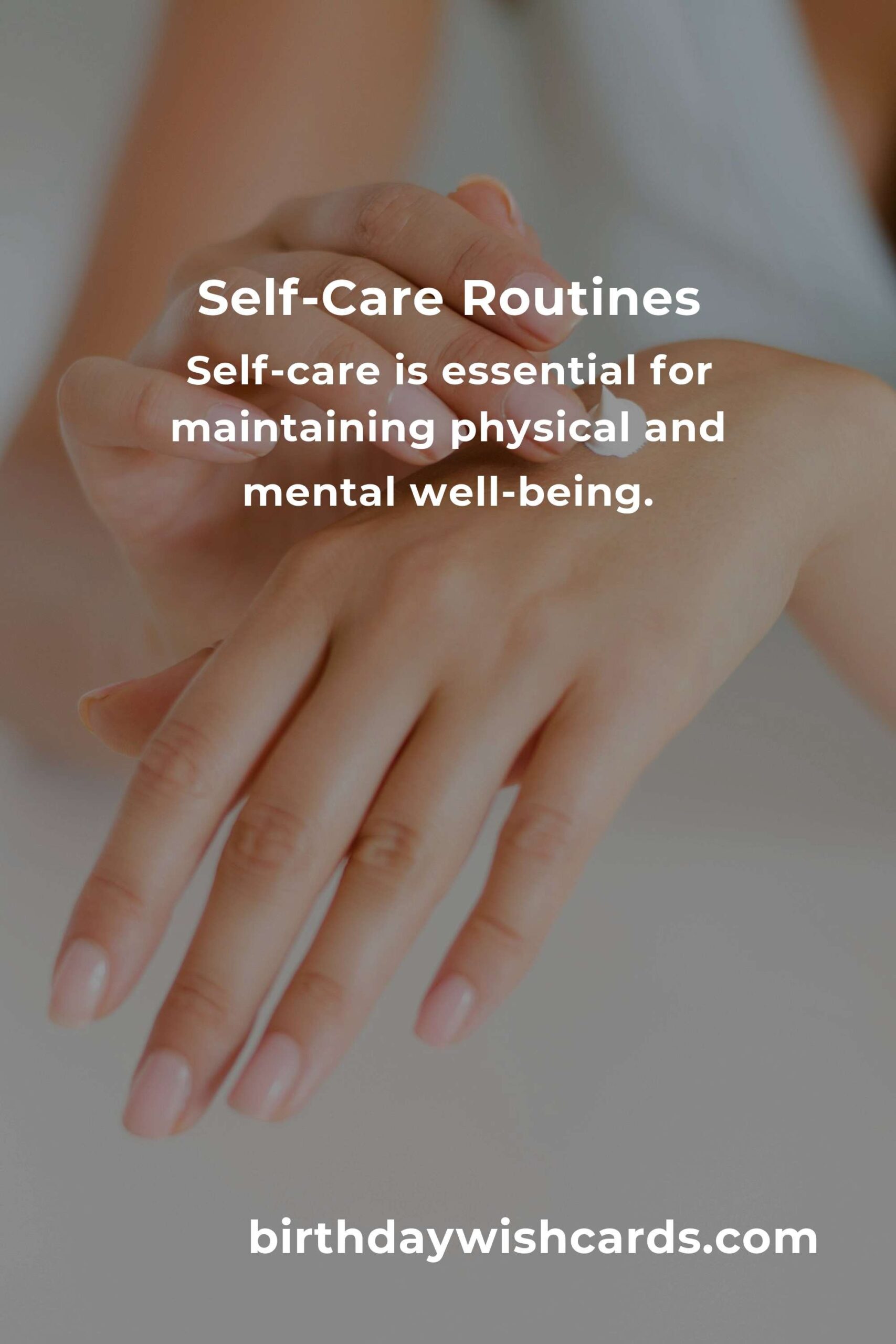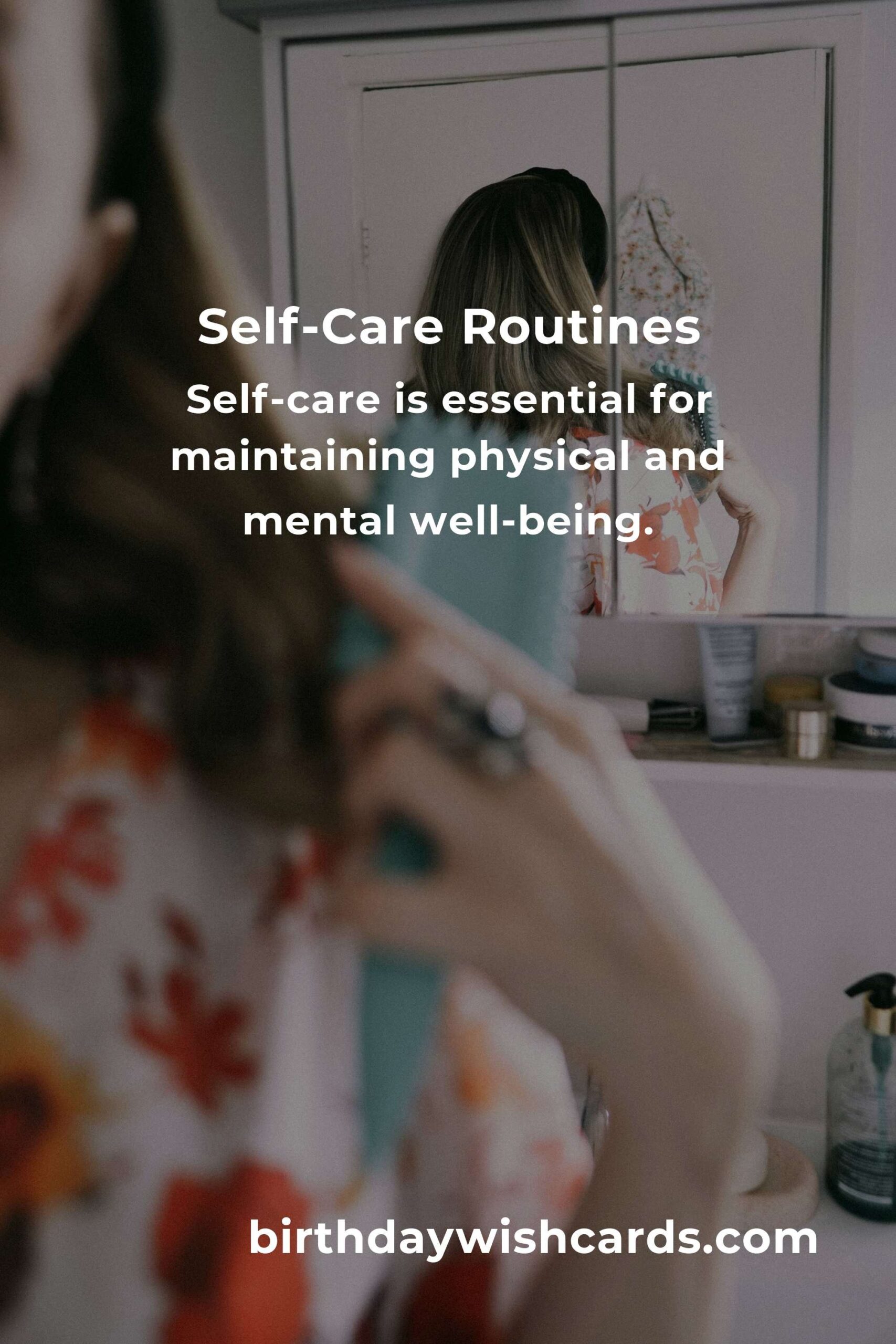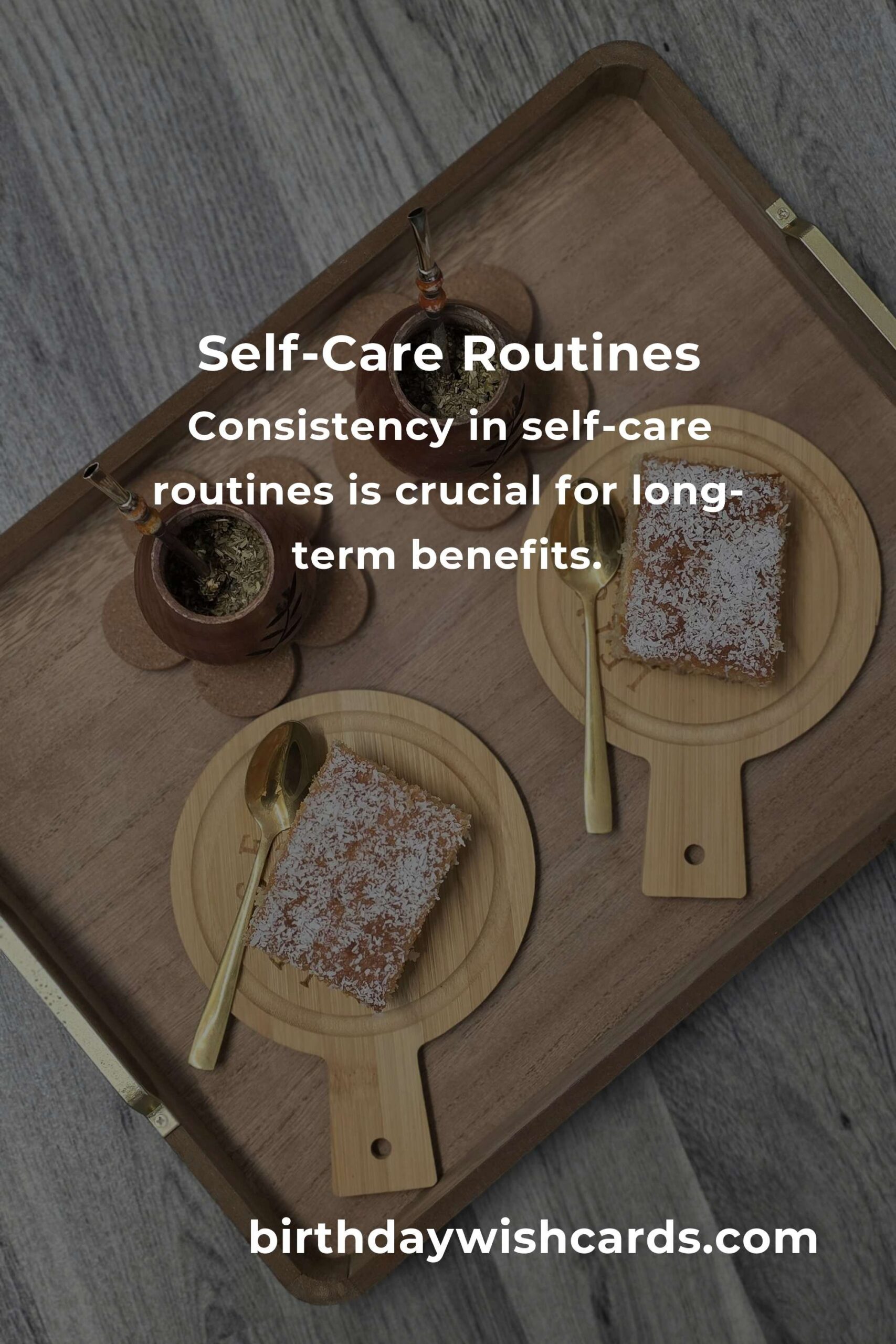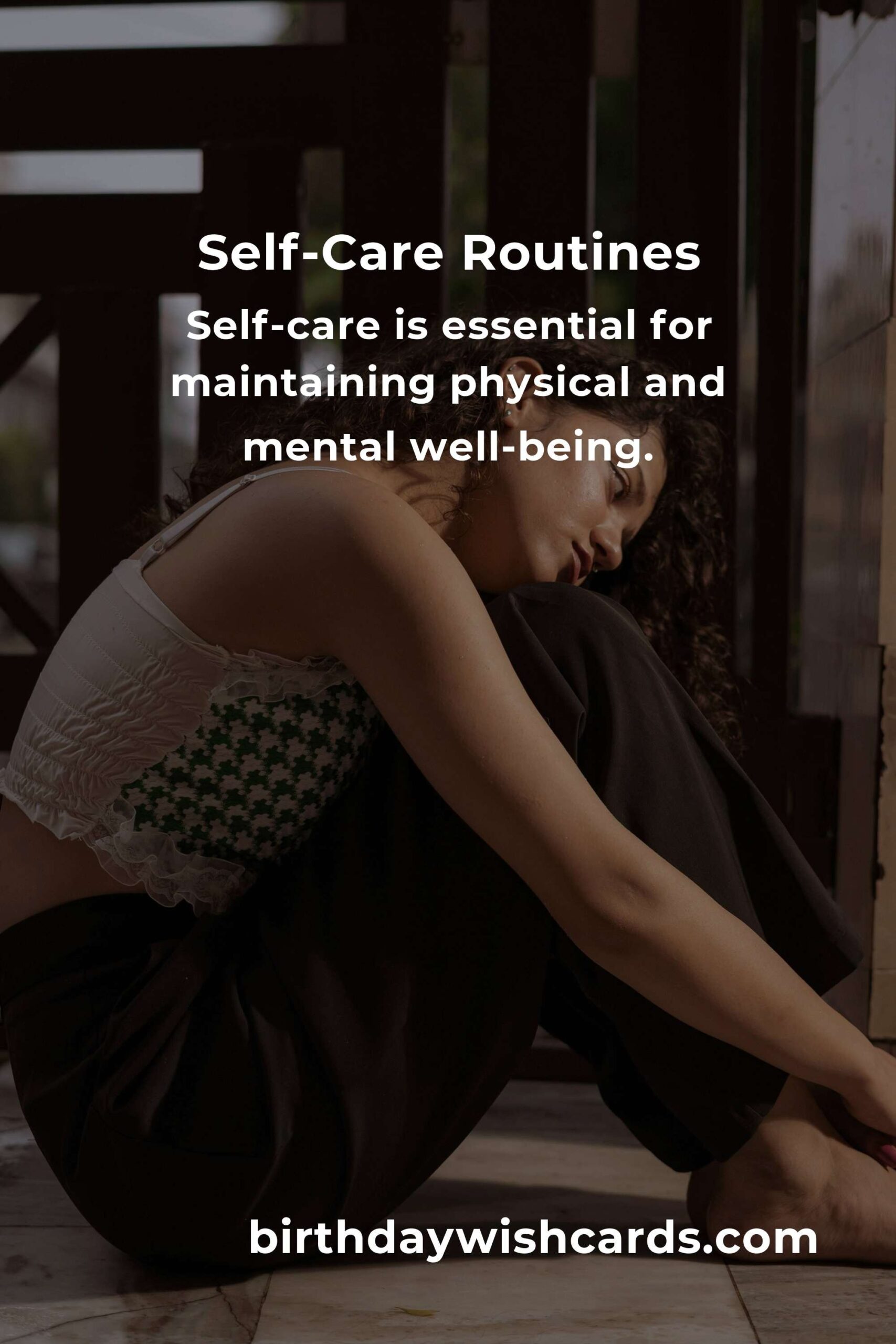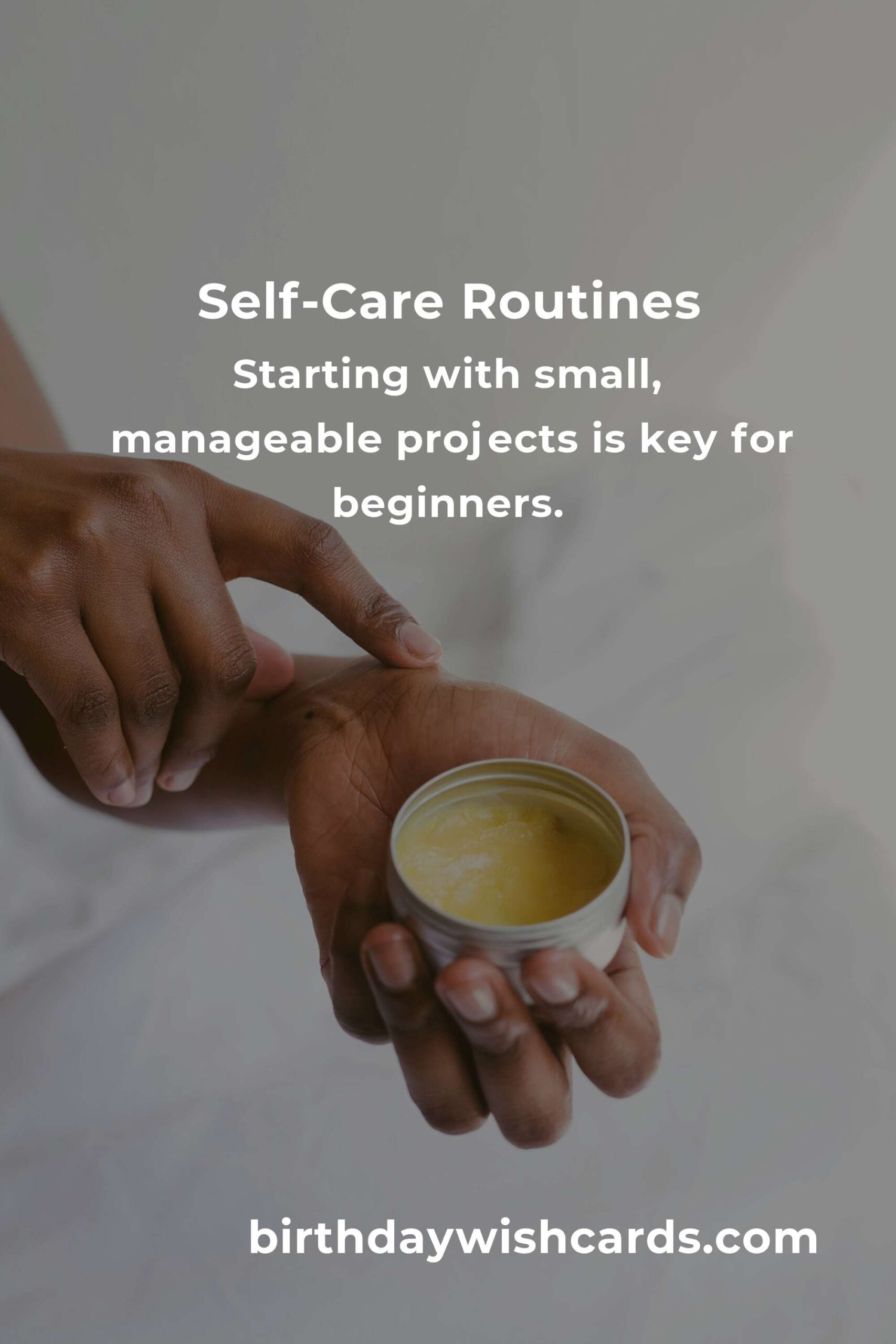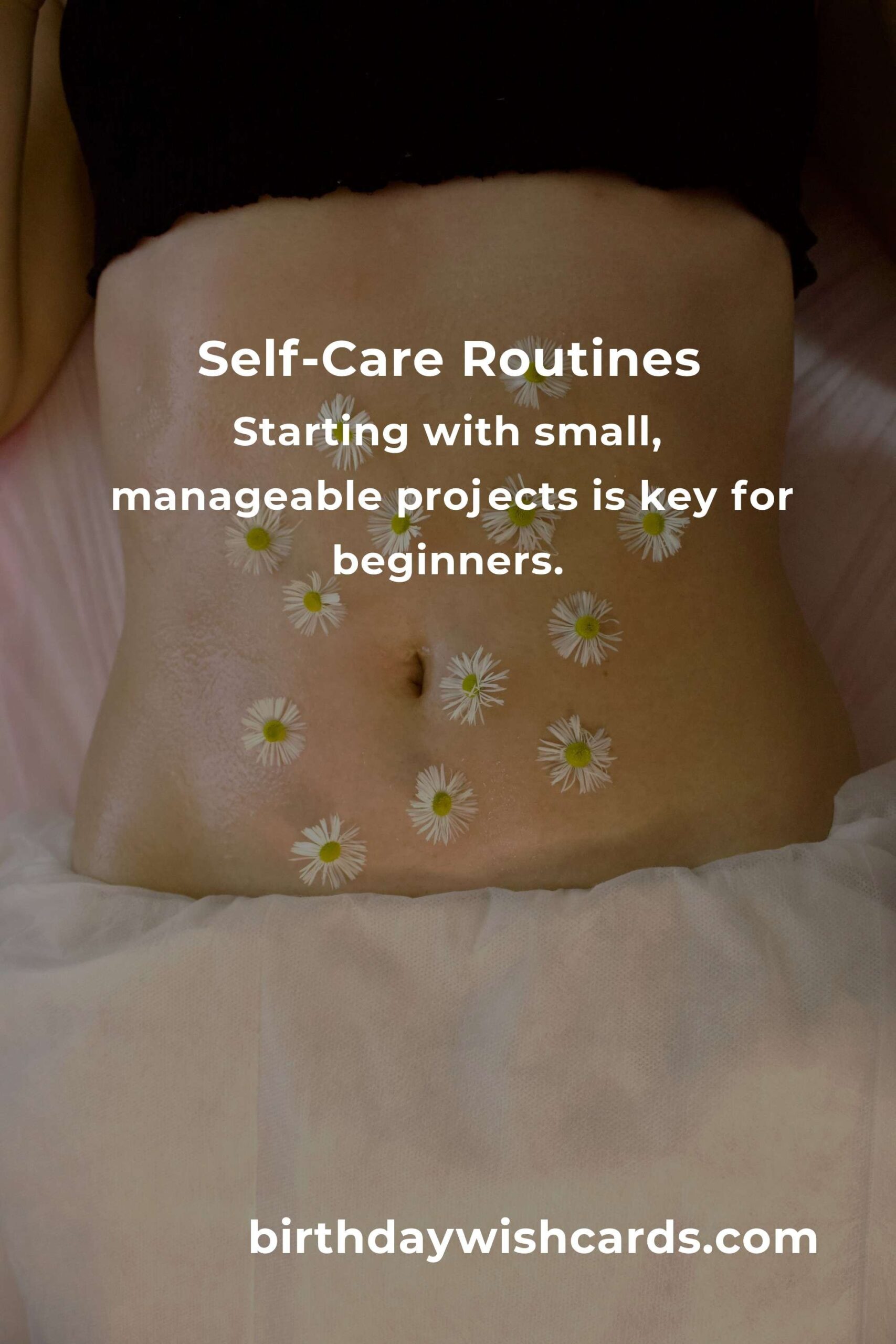
In today’s fast-paced world, self-care has become a crucial element in maintaining both physical and mental well-being. Establishing a self-care routine is not only beneficial for your personal health but also helps in enhancing productivity and overall life satisfaction. In this guide, we will explore various self-care routines and projects suitable for beginners.
Understanding Self-Care
Self-care is the practice of taking action to preserve or improve one’s own health. It encompasses various activities that individuals engage in to maintain their physical, mental, and emotional well-being. From simple acts like maintaining a balanced diet to more complex routines like meditation, self-care is a personal journey.
Why Self-Care is Important
Engaging in regular self-care routines helps reduce stress, improve concentration, minimize frustration, and increase happiness. It allows individuals to recharge and rejuvenate, thus promoting a healthier lifestyle. Moreover, self-care is essential for preventing burnout, especially in high-stress environments.
Starting Your Self-Care Routine
For beginners, starting a self-care routine may seem daunting, but it doesn’t have to be. Begin with small, manageable projects that can easily fit into your daily schedule. Gradually, as you become more comfortable, you can expand your routines.
Simple Self-Care Projects for Beginners
1. Journaling
Journaling is an effective way to process thoughts and emotions. Start by writing a few sentences each day about your feelings, goals, and reflections. This practice aids in self-discovery and emotional release.
2. Daily Walks
Incorporating a 15-30 minute walk into your daily routine can significantly improve your physical health and mental clarity. Use this time to disconnect from digital devices and connect with nature.
3. Mindful Breathing
Practicing mindful breathing can help reduce stress and anxiety. Spend a few minutes each day focusing on your breath, inhaling and exhaling slowly and deeply. This simple exercise promotes relaxation and mental clarity.
4. Nutritional Cooking
Preparing a healthy meal is a rewarding self-care activity. Experiment with new recipes that include fresh, whole foods. Cooking is not only a creative outlet but also ensures that you’re nourishing your body properly.
5. Digital Detox
Set aside time each week to unplug from screens. Use this time to engage in offline activities such as reading, hiking, or spending quality time with loved ones. A digital detox can help reduce stress and improve sleep quality.
Maintaining Consistency
Consistency is key to any successful self-care routine. Schedule your self-care activities just as you would any other important appointment. This commitment to yourself is crucial for long-term benefits.
Adapting to Changes
As life changes, so too should your self-care routine. Be flexible and willing to adapt your projects to fit your current lifestyle and needs. Regularly assess what is working and what needs adjustment.
Conclusion
Embarking on a self-care journey is a personal and rewarding experience. By starting with simple projects and gradually expanding your routine, you can significantly enhance your quality of life. Remember, self-care is a continuous process of nurturing your body and mind.
Self-care is essential for maintaining physical and mental well-being. Engaging in regular self-care routines helps reduce stress and increase happiness. Starting with small, manageable projects is key for beginners. Consistency in self-care routines is crucial for long-term benefits. Adapting self-care routines to life changes ensures ongoing effectiveness.
#SelfCare #Wellness #MentalHealth #HealthyLiving #Mindfulness


